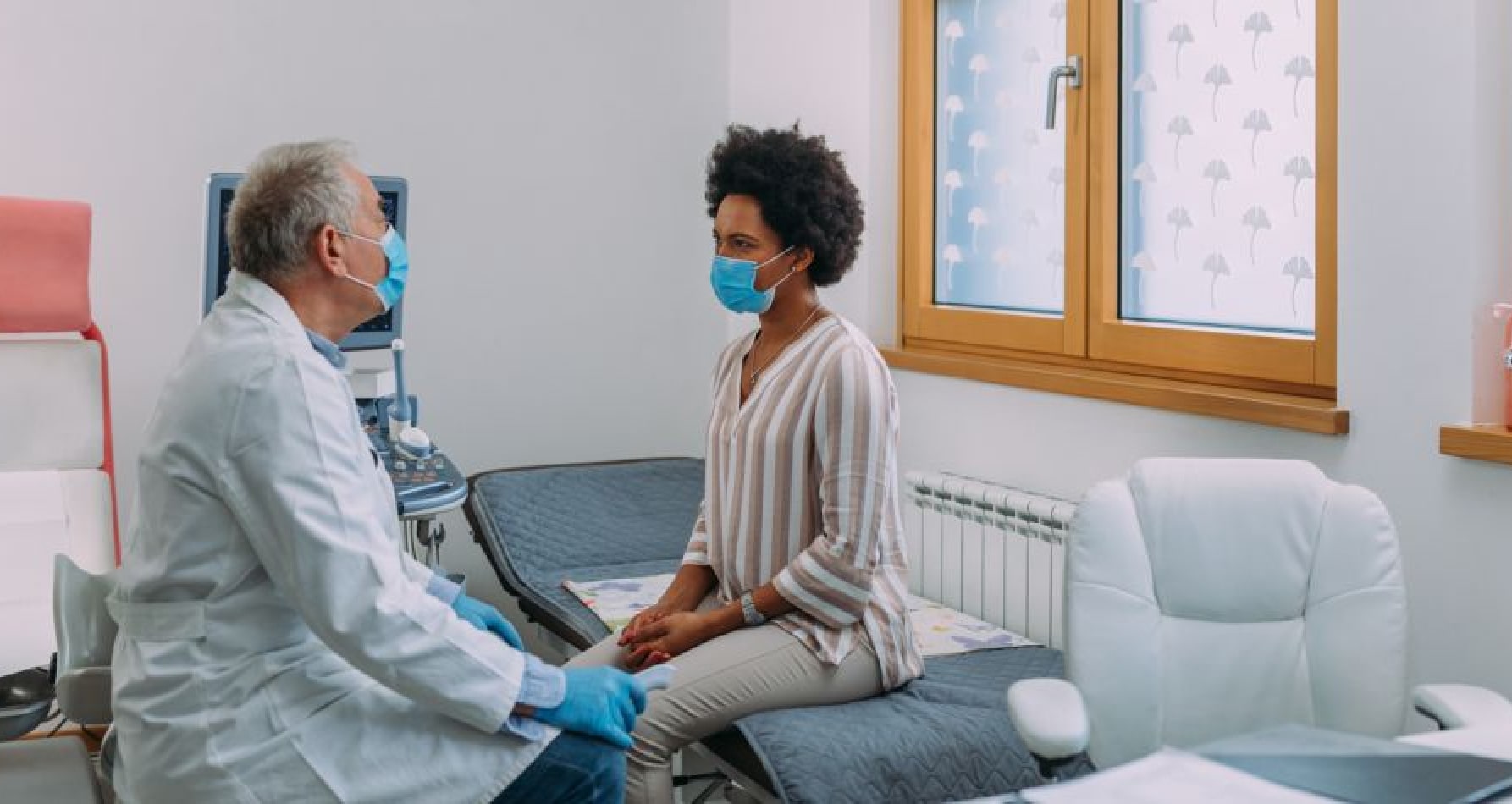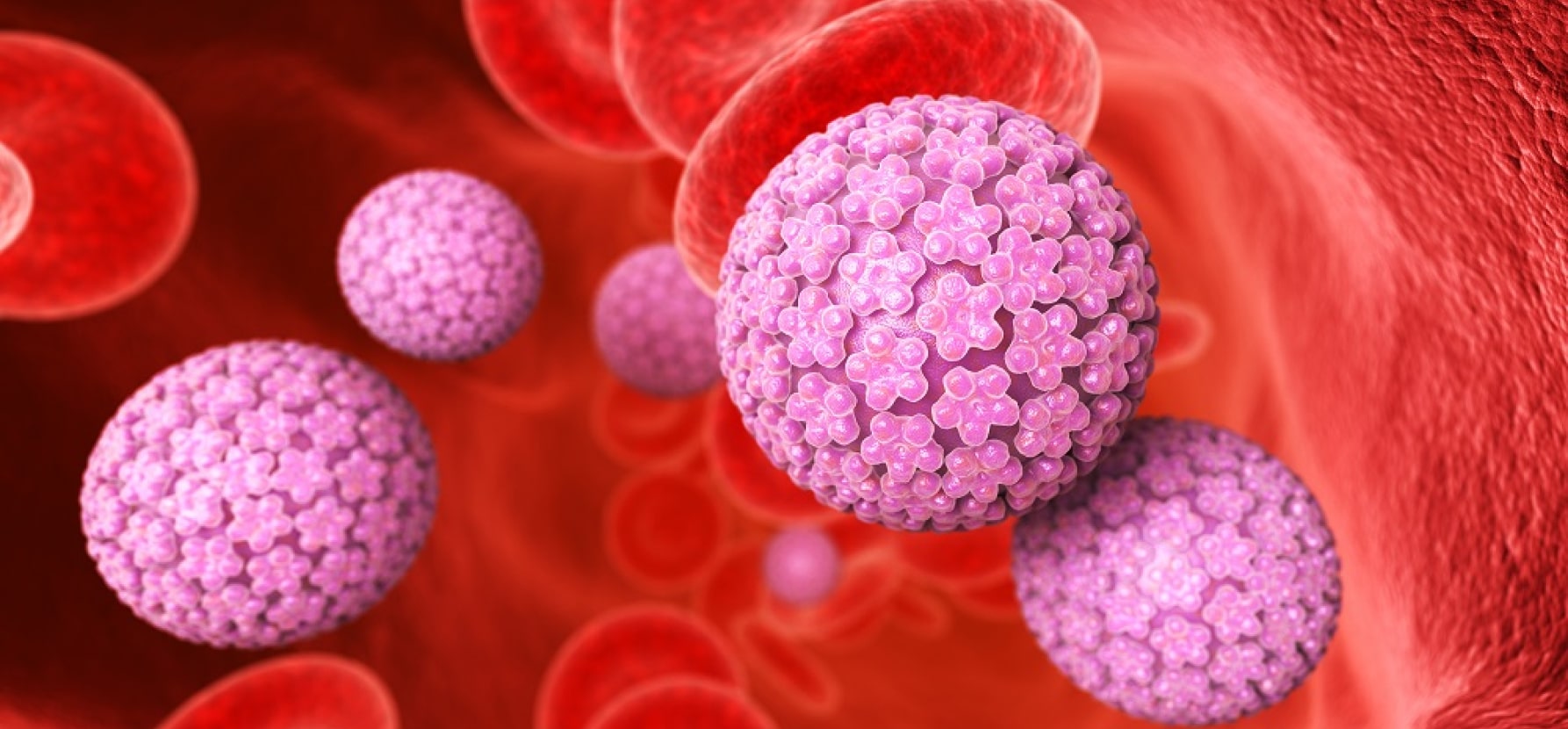Date
September 3, 2024
Written By
Team DarDoc
Category
Guide
Most conversations around sexual health, specifically around Sexually Transmitted Infections (STIs) and Sexually Transmitted Diseases (STDs), are often brushed under the carpet. This is particularly true in the Middle East, where such topics are considered taboo. As a result, the numbers of infections rise steadily. At home STD screening is a convenient and discreet solution that addresses this issue. However, it is essential to understand what STD testing entails and how STD tests are done to appreciate its importance.
Figures from Avert suggest that there are around 240,000 people living with HIV in the Middle East and North Africa (MENA), with around 20,000 new cases recorded each year. Cases in Abu Dhabi alone have risen by 41% in the past 5 years. Rates of gonorrhea and chlamydia have increased by approximately 30% over the past decade in some areas of the UAE.
It takes a lot to decondition and destigmatize sexual health, and it all begins with basic knowledge of what STD testing involves and how STD tests are done. So here goes nothing.

What are STDs and STIs? How Are They Transmitted?
Understanding Sexually Transmitted Infections (STIs) and Sexually Transmitted Diseases (STDs) is fundamental to recognizing the importance of regular testing. What is STD testing and how are STD tests done are key questions everyone should have answers to.
Definitions and Distinctions:
STIs (Sexually Transmitted Infections): Infections that can be transmitted through sexual contact, often without symptoms. Examples include chlamydia, gonorrhea, and syphilis.
STDs (Sexually Transmitted Diseases): Conditions that arise from STIs when they cause noticeable symptoms or health problems.
Modes of transmission:
Sexual contact: Unprotected vaginal, anal, or oral sex is the primary mode of transmission for most STIs.
Non-Sexual transmission: Some STIs can also be transmitted through sharing needles or from mother to child during childbirth or breastfeeding.
What are the Most Common Kinds of STDs and STIs?
Awareness of the most common Sexually Transmitted Infections (STIs) and Sexually Transmitted Diseases (STDs) is critical for recognizing symptoms and seeking timely at home STD screening.
Chlamydia: A bacterial infection caused by Chlamydia trachomatis. Symptoms are often asymptomatic but may include painful urination and abnormal discharge. Left untreated, it can lead to serious reproductive health issues, including infertility.
Gonorrhea: A bacterial infection caused by Neisseria gonorrhoeae. Symptoms include painful urination and discharge. It can lead to complications such as pelvic inflammatory disease (PID) and is becoming increasingly resistant to antibiotics.
Syphilis: A bacterial infection caused by Treponema pallidum. It often presents in stages, starting with painless sores and potentially leading to severe complications if untreated.
Human Immunodeficiency Virus (HIV): A virus that attacks the immune system. Regular testing is crucial as early detection, and treatment can significantly improve health outcomes.
Human Papillomavirus (HPV): A viral infection with many strains, some of which can lead to cancers like cervical cancer. Vaccination can prevent the most dangerous strains.
Book a consultation

How Can You Get These Tested?
DarDoc offers comprehensive sexual health testing at home, including:
Lab test: After booking on the app, DarDoc sends a licensed professional to collect a urine or blood sample, depending on the test. The testing process is handled by accredited labs, ensuring accuracy and discretion.
Telehealth services: After receiving your results, you can consult a doctor via video consultation to discuss treatment options. This ensures that you not only understand how STD tests are done but also receive the care you need.
Why At-Home Self-Testing Kits Are Not Recommended
While at home STD screening through professional services is highly recommended, self-testing kits are less reliable. Here’s why:
Accuracy issues: Self-testing kits may yield false negatives or positives, which can be dangerous if left unchecked. Professional at home STD screening ensures that Sexually Transmitted Infections (STIs) and Sexually Transmitted Diseases (STDs) are accurately detected.
User error: Improper use of self-testing kits can lead to inaccurate results. Understanding how STD tests are done by professionals eliminates the risk of user error.
Lack of comprehensive testing: Many at-home kits only test for a limited number of conditions, missing early indicators of more severe diseases. Professional services provide more comprehensive testing.
Book a consultation
Date
September 3, 2024
Written By
Team DarDoc
Category
Guide



















